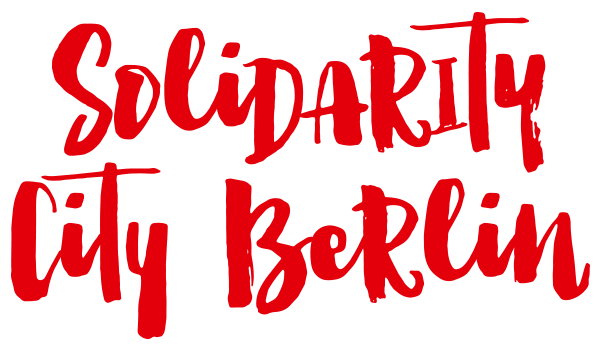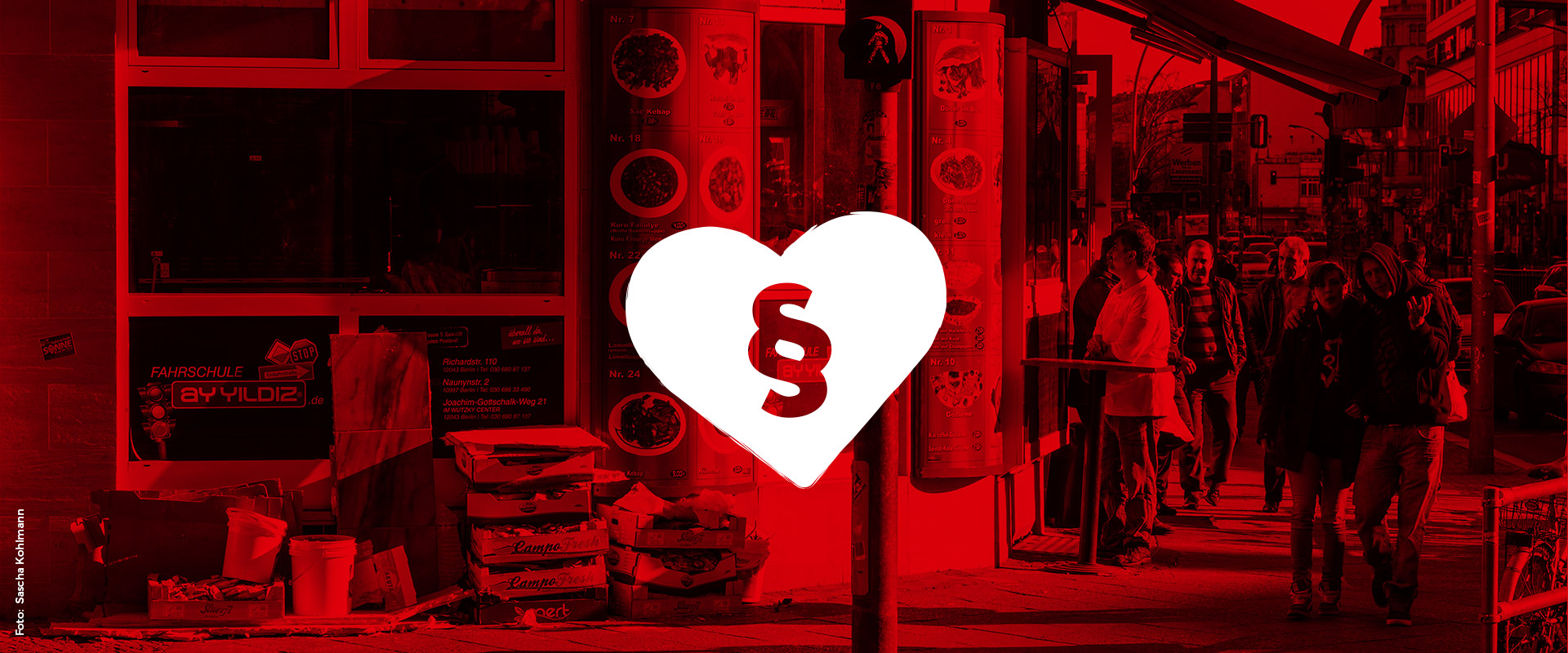The past four years have been particularly testing for European democracy. When the Arab Spring started, it was difficult for many to understand the many ways how revolutions and struggles that happened elsewhere would affect our own countries, our own cities, and our own lives. As dictatorships were torn down across the Middle East, the political walls and borders that kept people from moving freely were torn down with them.
The EU had been complicit with these dictatorships and had even supported them as a means to prevent migration. Their fall forced Europe to act before the sudden “opening” of borders that allowed millions to move.
At the same time, the years 2013 and 2014 marked a new beginning for refugee and migrant struggles in Germany as they finally became much more visible. The march to Brussels, the occupations of Oranienplatz and Ohlauer – all of these were events in an opening act of struggle for an open democracy, for a pluralist democracy, for another democracy that acknowledges people as active agents. This opening act was one of great claims: “No Border, No Nations,” “Housing for All,” “Freedom of Movement.”
People were mobilized. In Summer and Autumn of 2015, millions marched. Many people, who were not previously politically organized started welcome initiatives or simply showed up at train stations, shelters, and public places to offer food or help to refugees.
However, politically, little changed. In Germany, despite our great numbers, the demands of refugees and supporters were met with the most minimal of reforms while deportation processes were streamlined and people were forced to experience social death as they waited in the bureaucratic limbo of Kafka’s nightmares. The kinds of nightmares that spell social death as people are forced to wait for approval to see doctors, wait for approval to have decent housing, wait for approval to earn a means to live – despite the fact that the wars, the poverty, and the terror that forced them to flee was beyond their control.
Solidarity City Berlin was born slowly towards the end of 2015 as winter loomed. We acknowledged the fact that the initial cycle of struggle could not bring about the changes necessary to allow people to live decently and as equals. We decided to move forward at the local level, where we have the best chance to directly intervene and develop pressure.
Solidarity City Berlin is a different vision of another tomorrow, of another democracy, today. We are neighbors and co-workers; refugees and undocumented people; Christian, Jewish, and Muslim; men, women, and everyone else – we’re everyday Berliners and we love the city for its people and the hope that its people promise. In a world that seems to be coming undone, we’ve come together, to co-define a city premised on democracy, on the demos, on its peoples – all of them.
If our society is defined by democracy, and democracy is defined by everyday people’s ability to come together and make decisions, then we decided to come together – all of us – to find out how to make this work. We didn’t wait for the government, deciding instead to act together, now.
The way the city currently functions denies and restricts access to decision-making, and we develop a practice of participatory democracy that expands the capacities of persons to make decisions. Our lives are largely defined by relationships that put most people in positions of very little power, forcing them to live realities not of their making. If we want to take the idea of democracy seriously, then that means everyone should be able to intervene in the construction of a common society, a common Berlin, a Berlin for all – a Berlin built on solidarity.

